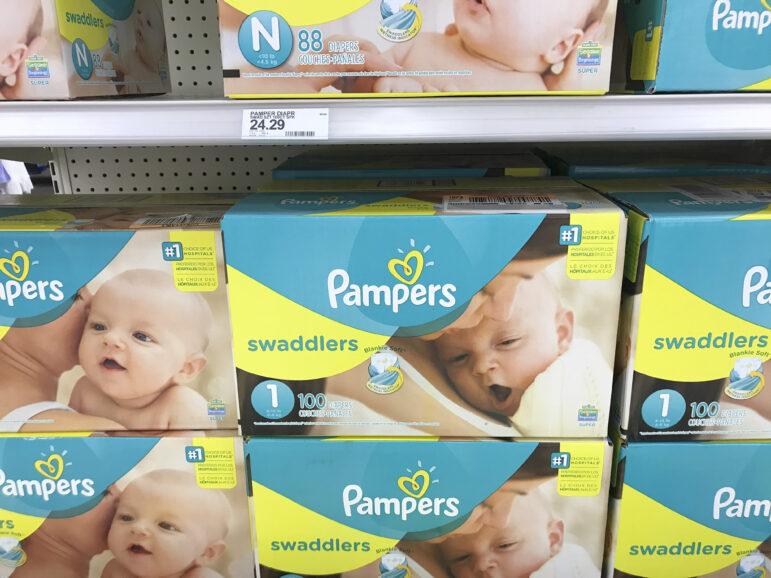Both the cost and the demand for diapers shot up during the pandemic, exacerbating what’s known as the “diaper divide” for both parents and people who experience incontinence.
Aeroflow Healthcare, a North Carolina-based provider of durable medical equipment (DME) and services, has been working to alleviate some of the cost through legislation, urging state governments in the Gulf South to eliminate sales tax on these supplies.
Ryan Bullock, Aeroflow’s chief operations officer, said the company surveyed families who cared for someone needing diapers or other supplies and found that many had to choose between having clean diapers or having food and paying bills.
“The diaper divide is not just for children. It’s for adults as well,” Bullock said. “There’s parents, grandparents, neighbors — people that you wouldn’t suspect that have incontinence needs — but they’re not able to get that need met.”
During Louisiana’s recent legislative session, Aeroflow supported a bill that would change the definition of diapers to include other incontinence supplies, not just for children, making a sales tax removal more inclusive. The bill was debated on the state House floor twice, but no action was taken during the session.
Louisiana used to have a sales tax exemption on breast pumps and other nursing supplies, but it’s currently suspended until 2025. Getting rid of the sales tax would cost the state money, but Bullock said it could potentially save families hundreds of dollars a year.
“It’s really a very small percentage as compared to the impact that it has on the consumer that is needing access to those products, and what that really means to them and their daily life,” he said.
Aeroflow successfully championed a diaper tax bill that passed in Texas in July. Starting September 1, diapers, breast pumps and other incontinence products will be tax-free. The company plans to continue its efforts in Louisiana in 2024 and is also making Mississippi a high priority.
This story was produced by the Gulf States Newsroom, a collaboration between Mississippi Public Broadcasting, WBHM in Alabama, WWNO and WRKF in Louisiana and NPR. Support for reproductive health coverage comes from The Commonwealth Fund.

